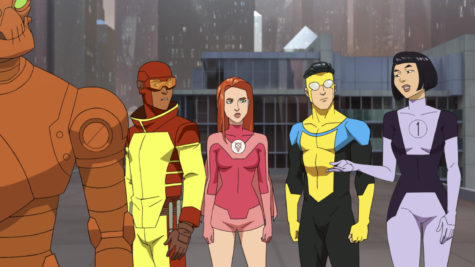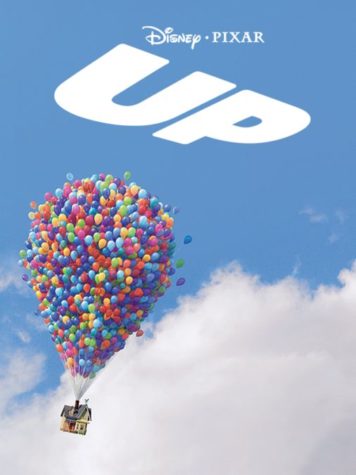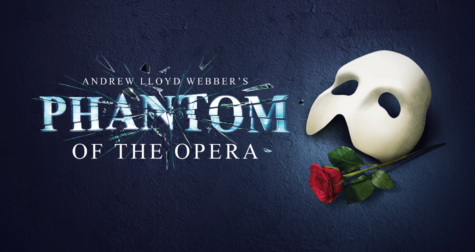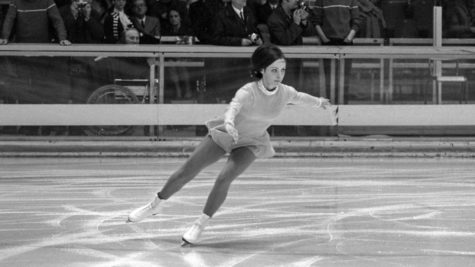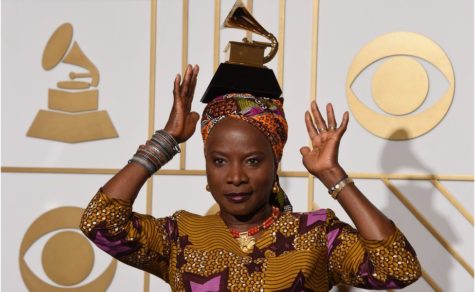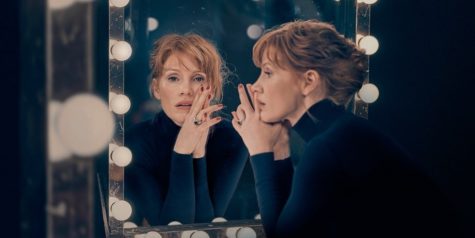Concert was out of this world
November 6, 2018
Prior to this Sunday, I had never been to an orchestral concert outside of a field trip in elementary school.
On Nov. 4, I attended the Mercyhurst Civic Orchestra’s first concert of the semester, which was rescheduled from the previous Sunday due to the water main break.
It featured Jean Sibelius’s Finlandia, Op. 26, Edvard Grieg’s Piano Concerto in A minor, Op. 1 and Gustav Holst’s The Planets, Op. 32, an ambitious program for the orchestra to perform.
For some context, the Mercyhurst Civic Orchestra is a group made up of community members, professional musicians and Mercyhurst students.
Under the direction of Professor Jonathan Moser, the orchestra is in its second year as a more community-focused group.
Many of the Mercyhurst students who perform in this ensemble are majors, but the group is open to nonmajors and members of the wider Erie community as well.
The concert began with Finlandia, a piece by Finnish composer Sibelius.
The piece was described by Moser as the honorary national anthem of Finland, similar to the way “America the Beautiful” is viewed by Americans.
The strings were quite prominent throughout the work, with strong chords and sweeping melodies.
The Erie Junior Philharmonic joined the Civic Orchestra to perform the piece, which may have been why it sounded the fullest of the pieces.
The second piece on the first half of the program featured D’Angelo School of Music department chair Nathan Hess, D.M.A., as the soloist for Grieg’s Piano Concerto.
Grieg is perhaps best known today for his “Peer Gynt Suite,” which includes the iconic “Morning Mood” and “In the Hall of the Mountain King.”
I was familiar with the piece concerto, or at least the first movement, which is often classified as a pops series piece.
A three movement work, the concerto took up the remainder of the first half of the concert before the intermission.
This part of the concert was quite engaging, with Hess’s performance complementing the orchestra.
We were told by Moser at the start of the piece that the G major chord would signify the end of the concerto.
I have perfect pitch, and as a result was listening for the chord to appear.
However, there were many points at which Hess, or rather, Grieg, teased the ending, only to sweep into another dramatic chord.
That is how the piece is constructed, but I did eventually hear the G chord near the end.
After the orchestra finished, the intermission period began.
At this point, the concert wasn’t even an hour in.
After the intermission was the piece I was really looking forward to hearing.
I had been drawn to this concert after learning that the orchestra was going to play Holst’s “The Planets.”
As a brass player, I am quite familiar with “The Planets,” and I was interested in hearing a live performance of it.
As someone who was a big fan of John Williams, I gained an appreciation for Holst after realizing how much Williams was inspired by this landmark work when creating his score for Star Wars
Just listen to the “Mars” movement in particular and compare it to the opening scene score of the original “Star Wars.”
From the foreboding, percussive strings in the beginning to the sirenlike calls of the choir at the end, “The Planets” stretched almost an hour in length.
The chorus was directed by Thomas Brooks and was composed of the women in the Mercyhurst Concert Choir.
This piece was a chance for the percussion to be featured more prominently in the concert after two wind and strings heavy pieces, and there were some great moments for timpani and snare throughout the work.
While there definitely isn’t fly-over territory within Holst’s work, it is hard to argue that “Mars” and “Jupiter” are not the clear standouts of the seven movement work.
I will say that I do like the depth and texture of “Uranus” and “Saturn.”
By the time “The Planets” wrapped up, two hours had passed from the start of the concert.
Two hours for a classical concert may seem like a bit too much of a time commitment, but there are many worse ways to spend that time.
The next concert the orchestra will be performing will be a Christmas concert on Dec. 9 at 4 p.m. This is a concert that I won’t be missing.



